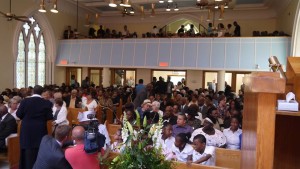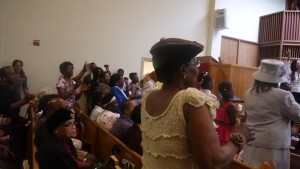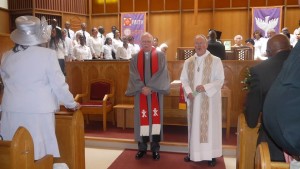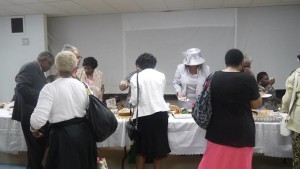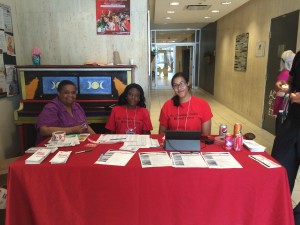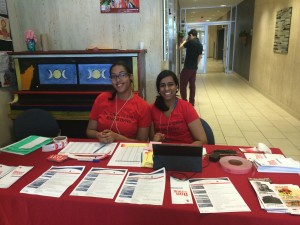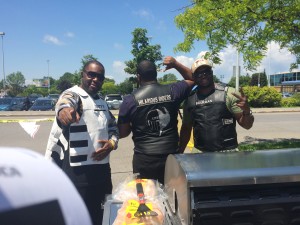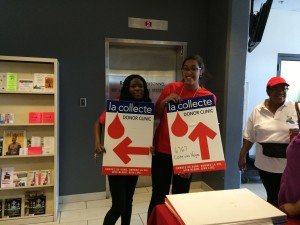After four years of renovations, on Sunday, June 14th, the Union United Church, on Delisle Street bordering Little Burgundy, was reopened with a service of thanksgiving thanks to funding amounting to about 1.2 million dollars. The building was originally closed in 2011 in order to deal with the issues of mould and asbestos, as well as water damage and outdated wiring and plumbing. The reason for the four-year delay was because it was not an easy task to fundraise. In fact, they have only been able to obtain money to do the basic renovations, but luckily the rest of the renovations needed can be done with the congregation in attendance. During the four years the Union United Church services were held at Rosedale United in NDG but needed to move to Wesley United three months ago when Rosedale was sold.
The Church was filled with its many members who were elated to be back to their original Church. The Church Choir was joyful and their songs of praise were the perfect backdrop to the congregation’s hymns of thanksgiving. It seemed like the entire United Church family and dignitaries of the community were in the pews, including Dr. Williams, so the best wishes flowed. Ms. Anthony, the Chair, acknowledged our historical project [Standing on Their Shoulders] and BCRC.
The congregation, which filled every pew and balcony in the Church, was treated to a performance from long-time Union United Church member and jazz legend, Oliver Jones. He played on the baby grand piano that he had just donated to the Church. Jones, quite dedicated to bringing the Church back to its former glory, will also be hosting a fundraiser on August 14th called the Dr. Oliver Jones Golf Tournament.
This article was featured in the Semaji June 2015. To read the full version Click Here


